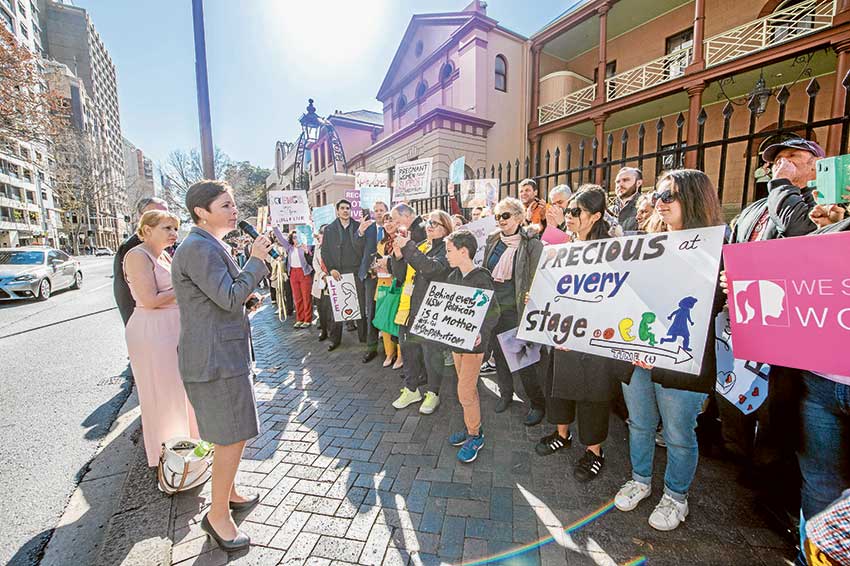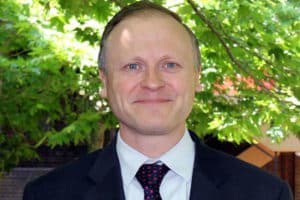
A group of prominent lawyers have stood up for unborn children in the current debate on abortion in NSW while rejecting statements in favour of the legislation by another group for legal practitioners as unrepresentative of lawyers.
The Wilberforce Foundation, a coalition of lawyers and legal academics committed to the preservation and advancement of the moral foundation of the law, rejected a statement issued by the Australian Lawyers Alliance in support of the Reproductive Health Care Reform Bill currently before the NSW Parliament.
Lawyers’ Alliance claims rejected
“Whilst the ALA is a national organisation representing lawyers, academics and other professionals … it does not speak for all of us, the Foundation said in a statement issued on Thursday.
“The Wilberforce Foundation opposes the bill and disagrees with the ALA’s claims that there are dangerous consequences for women and doctors from the continued criminalisation of abortion.”
Wilberforce Foundation

The statement was signed by F C Brohier, a well-known Adelaide lawyer, Prof Michael Quinlan, Dean of Notre Dame’s Sydney School of Law, Prof Keith Thompson, UNDA’s Associate Dean of Law in Sydney, Prof Iain Benson from UNDA’s Sydney School of Law, Associate Professor Neil Foster at Newcastle University’s Law School Law School in Sydney.
“One has only to consider how abortion clinics operate freely throughout New South Wales to demonstrate the hollowness of any claim that the current law somehow infringes a woman’s access to abortion,” the satatent signed by the five lawyers said.
The Wilberforce statement emphasised the view its opinions were those of the lawyers rather than the organisations where they are employed.
Meanwhile, “the push to force doctors with a conscientious objection to refer for abortion is very worrying,” the Foundation said.
The Foundation defended the rights of heraslthcare works to refuse to cooperate with abortion on the gorunds of conscience.

“Mandatory referral as required in the bill has no practical function other than to unjustly infringe the freedom of health practitioners who take a different view about abortion than the state, and penalise them for it with potential disciplinary action,” the Foundation’s sataement said.
“This … sets a concerning precedent for other morally controversial health services the state may endorse in the future. “
“With technology reducing the age of viability for premature babies, and the rise in fetal surgery, the use of a specific gestational age as a threshold for when women can request abortion for any reason is deserving of further expert discussion,” the Foundation said.
“The desire to achieve uniformity with other states is hardly a sufficient reason to push through such a radical concept in this state.
“this bill does nothing to protect vulnerable women”
“Finally, this bill does nothing to protect vulnerable women who are victims of ‘abortion coercion’. This is where intimidation is used to force a woman or girl into undergoing an abortion against her will. Recognised as an emerging phenomenon by all sides of the abortion debate, an abortion on demand framework can only work against them, providing less incentive for doctors to “enquire” into this decision.
“Law is not made just to empower the strong. The plight of women forced into an abortion, and suffering serious health consequences because of it, raise questions as to how the current laws might be improved so as to protect them … The lack of genuine community consultation, and the rush to debate the bill without it, is far less than any civilized society deserves.”
